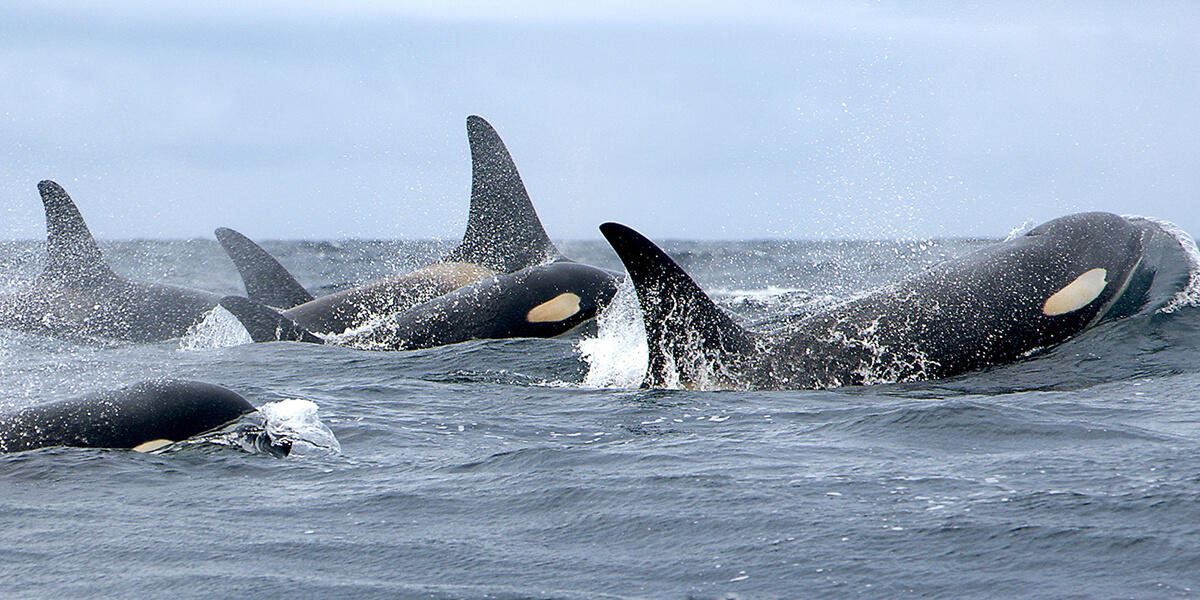
Kinder Morgan’s Pipeline in Canada Could “Violate” US Endangered Species Law
As Canadian Prime Minister, Justin Trudeau and Albertan Premier, Rachel Notley, prepare to invest in Kinder Morgan’s Trans Mountain pipeline, they are trying to spin the benefits of the highly controversial project.
As Canadian Prime Minister, Justin Trudeau and Albertan Premier, Rachel Notley, prepare to invest in Kinder Morgan’s Trans Mountain pipeline, they are trying to spin the benefits of the highly controversial project.
Last week, it was revealed that Alberta has spent $1.3 million on a public relations campaign eulogizing the so-called benefits of the Trans Mountain pipeline expansion, which will triple the amount of dirty tars sands being shipped from Alberta to British Columbia (BC).
Due to overwhelming public opposition in BC, over half the money spent by Alberta on billboard adverts has been in British Columbia. “It is a necessary investment in the battle for hearts and minds,” said Notley. One of these billboards states: “Trans Mountain Pipeline means more money for roads, schools and hospitals.”
What you won’t be seeing on a billboard is one saying that the pipeline and related increase in tanker traffic will transport dirty carbon we cannot afford to burn and endanger already severely endangered wildlife, such as whales.
Anyone who has followed this debate will know about the climate risk, but what about the threat to whales?
Yesterday the, US environmental group, the Natural Resources Defense Council (NRDC), warned Kinder Morgan that the pipeline project, which will massively increase tanker traffic in the region, could be “illegal” under the US Endangered Species Act, which is seen as one of the world’s strongest species protection laws.
“As a direct and necessary result of the proposed Kinder Morgan Trans Mountain Expansion Project, marine traffic calling at the Westridge Marine Terminal in BC and transiting through Southern Resident Killer Whale critical habitat in U.S. territorial waters would substantially increase,” warns NRDC.
The number of tankers loaded at the proposed expanded Westridge Marine Terminal complex is forecasted to increase to approximately 34 per month, or as many as 408 tankers per year.
Of particular concern to the NRDC is the Southern Resident Killer Whale (Orcinus orca) population of the Pacific Northwest, which is “one of the most critically imperiled populations of marine mammals on the planet.”
Indeed, there are only 76 Southern Resident Killer Whale orcas left. As Giulia Good Stefani, an attorney at NRDC writes: “This family of orcas simply cannot withstand another threat.”
NRDC points out that in both the United States and Canada, the whales have been formally protected because of their high risk of extinction for well over a decade. In the United States, the whales are listed as endangered under the Endangered Species Act in 2005, whereas Canada formally designated the whales as endangered under the Species At Risk Act in 2003.
The letter from NRDC outlines how: “The Project would, if completed, substantially reduce the likelihood of survival and recovery of the critically endangered Southern Resident Killer Whale”.
It continues: “To dramatically increase tanker traffic in the Salish Sea, impeding the whales’ ability to forage and risking an oil spill in the whales’ core habitat, would jeopardize this unique population and violate the Endangered Species Act.”
The NRDC outlines how “Each ship would pass directly through the Southern Residents’ critical habitat: an area afforded substantive protection under the U.S. Endangered Species Act because it has been found essential to the survival and recovery of the species.”
“Underwater noise produced by the tankers and additional associated vessel traffic would disrupt the whales’ vital behavior, reducing foraging efficiency in the already compromised Southern Resident population,” it adds.
The letter concludes: “The proposed Trans Mountain Expansion Project, and the related expansion of the Westridge Marine Terminal, risk significant habitat degradation and harm to Southern Resident Killer Whales, in violation of Section 9 of the Endangered Species Act.”
The letter from the NRDC comes as others weigh into the Trans Mountain debate.
Last week, Al Gore tweeted: “The Kinder Morgan pipeline carrying dirty tar sands oil would be a step backward in our efforts to solve the climate crisis:”
The Kinder Morgan pipeline carrying dirty tar sands oil would be a step backward in our efforts to solve the climate crisis. I stand with @jjhorgan, @MayorGregor, and all of the Canadians – including the First Nations – who are fighting to stop this destructive pipeline. #StopKM
— Al Gore (@algore) May 10, 2018
In addition, over the weekend, Bill McKibben from 350.org visited the area. “If you have any sense of where the future is going and any hope that we might be able to move it in a better direction, then this is precisely the kind of place to draw the line,” he said.
And drawing the line, means saying “no” to the pipeline. And “yes” to the climate, to the local community, and to the whales.
